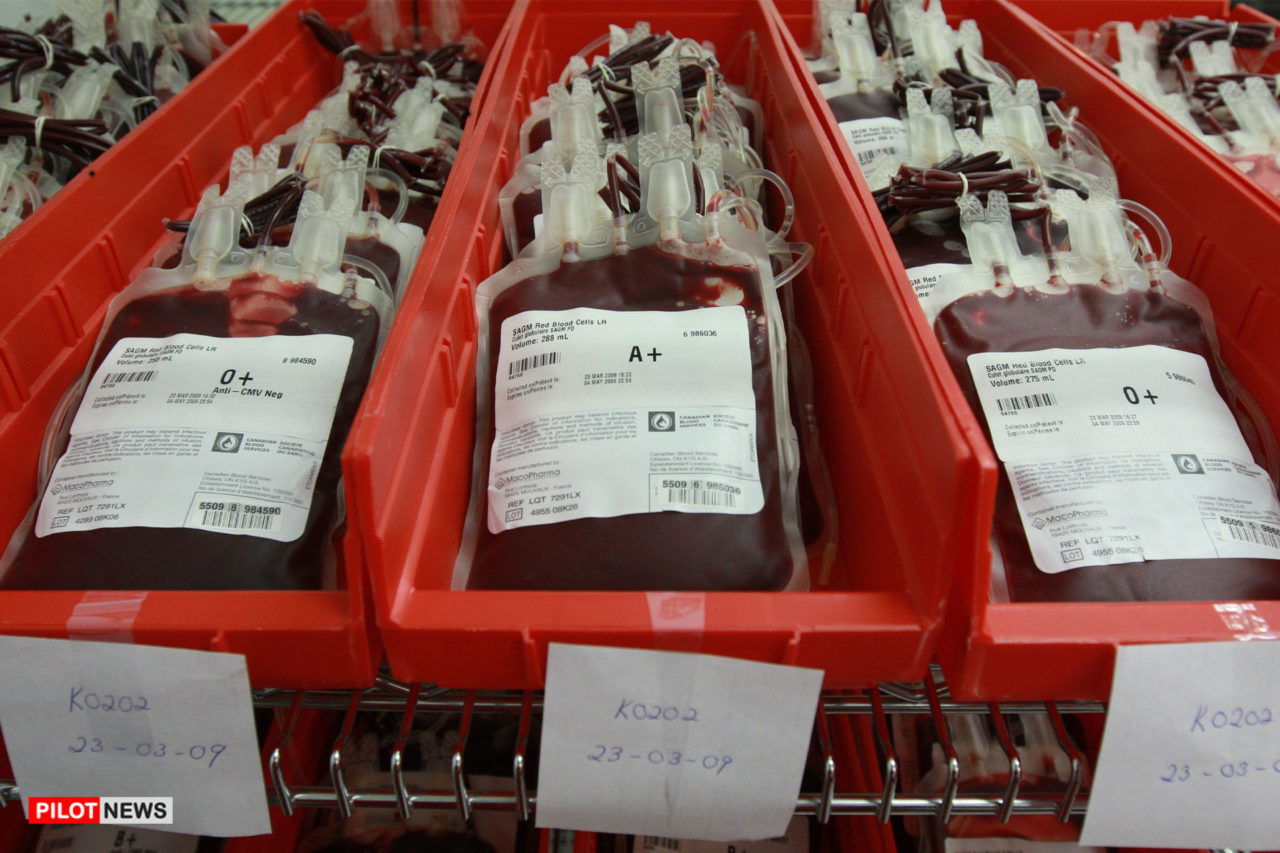The Lagos State Commissioner for Health, Professor Akin Abayomi, has said that the state’s growing population of 26 million, needs 260,000 units of blood every year.
The Commissioner disclosed this during a virtual discussion organised by the Lagos State Blood Transfusion Service (LSBTS), to commemorate this year’s World Blood Donor Day in Lagos, with the theme: ‘Safe Blood, Saves Lives. He added that the state government plans to recruit and retain voluntary blood donors in order to meet the demand.
“To maintain an adequate blood supply, one to two percent of the population needs to become regular blood donors; this is about 260,000 in a growing population of over 26 million in Lagos State. The regular supply of blood is essential as the life span of blood donated is very short. Each unit of blood donated remains viable for 35 days.

“Thankfully, we are working hard in partnership with the public and private sector, non-governmental organisations, religious bodies and youth organisations to achieve this target number,” Prof. Abayomi said.
Blood donation drive had been challenged by the COVID-19 pandemic, lockdown and travel restrictions. The LSBTS voluntary blood donation centres were open all through with an extension in our opening hours, Prof Abayomi noted.
“Scientifically, there are no confirmed reports of coronavirus being transmitted by blood transfusion anywhere in the world and strict additional safety measures including more handwashing sites, use of hand sanitisers, use of personal protective equipment as well as ensuring that social distancing is kept and are being practiced at the blood collection sites for donors and staff.”
The Executive Director of the Lagos State Blood Transfusion Service, Dr Bodunrin Oshikomaiya, said LSBTS was working with the World Health Organisation to improve access to blood transfusions and promote blood safety.
“Blood safety involves all activities related to blood collection from low-risk, regular, voluntary unpaid donors as well as testing, processing, storage and distribution of blood.
“Over the years, training of staff on documentation, quality assessment and rational use of blood and blood products to reduce unnecessary transfusions, to minimise the risks associated with transfusion, to encourage the use of alternatives to transfusion, where possible, as well as training on safe and good clinical transfusion practices have been going on in the state health facilities,” Oshikomaiya said.
- PHOTOS: After 48 Days in Hospital, Boy Labelled Witch and Abandoned is Discharged - August 8, 2021
- Travellers Complain Over Fly Infested Aminu Kano Airport - August 6, 2021
- Ondo 2020: Mimiko Criticises Akeredolu’s Performance - September 28, 2020


